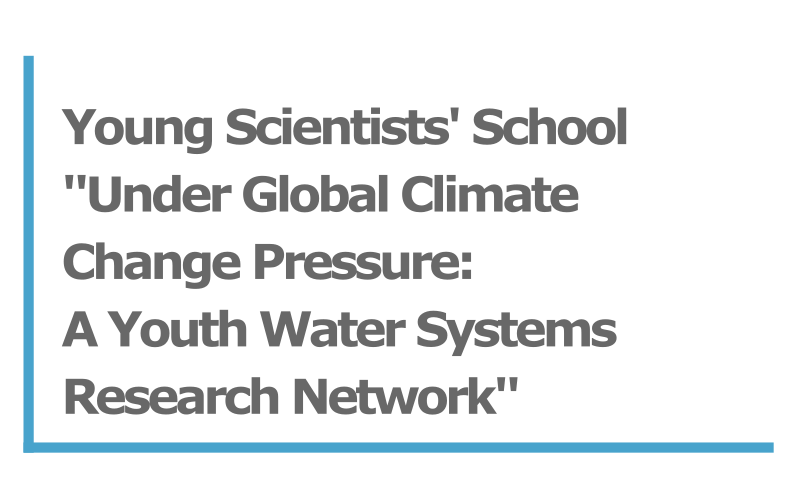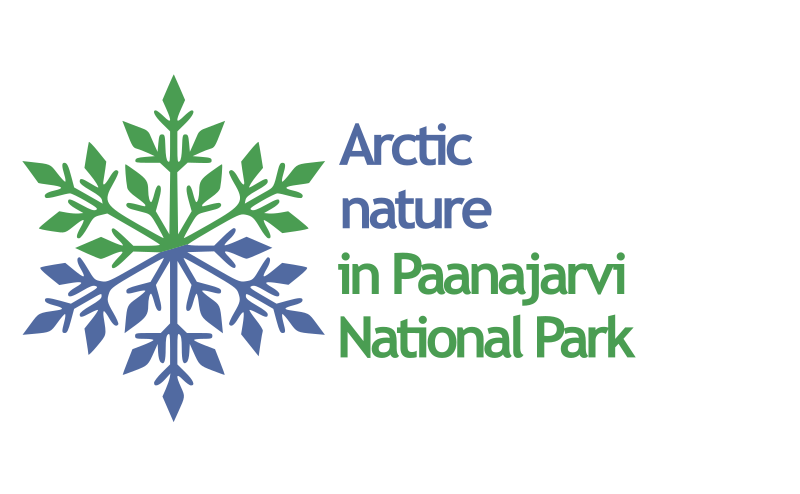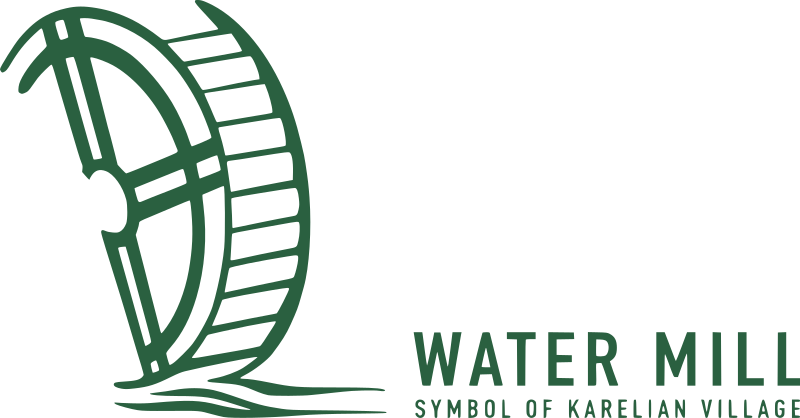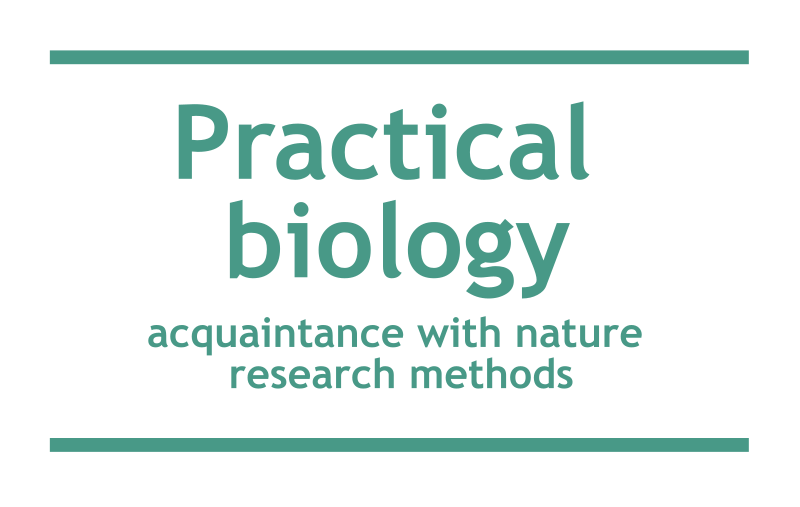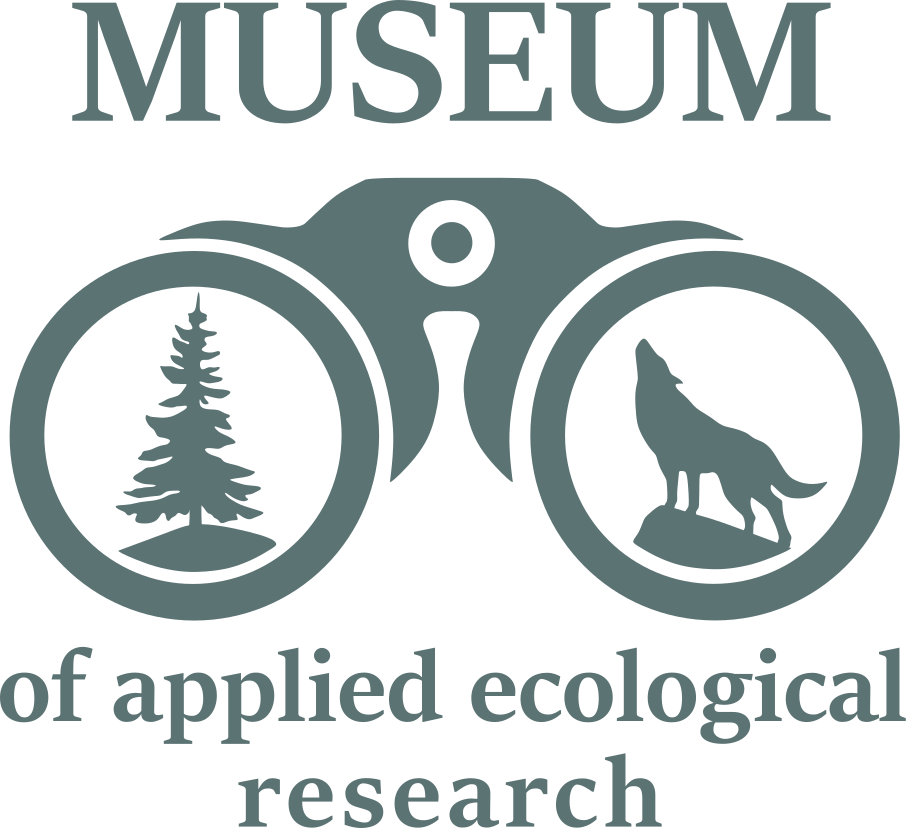Detailed information about the project, up-to-date news and project materials cal also be found on the official site of the project: cleanladoga.ru
Project Objectives
Overall objective:
Reduction of negative anthropogenic impact on the ecosystem of Ladoga Lake.
Specific objective:
Improvement of water resources management and utilization in the Northern Ladoga region.
Expected Results:
1. Full information, maps and data on current condition of Northern Ladoga ecosystem obtained
2. Recommendations and pre-investment measures based on the modern technologies developed and
handed over to local and regional stakeholders.
3. Pilot infrastructural project is implemented
4. New technologies and knowledge in the field of sustainable natural resources management are
obtained by local and regional organisations and experts.
5. Visibility of the project and dissemination of project results executed
6. Management and promotion of the project is successfully realized
Project Partners:
Lead Partner - Autonomous non-profit organization “Energy Efficiency Centre”
|
Partner(s)
|
Partner
|
Country
|
Region
|
|

|
Finnish Environment Institute (SYKE), Joensuu office
|
Finland
|
North Karelia
|
|

|
Closed JSC Karelvodokanal
|
Russia
|
Republic of Karelia
|
|

|
Non-profit partnership “Centre for Problems of the North, Arctic and Cross-border Cooperation"
|
Russia
|
Republic of Karelia
|
|

|
ELY Centre, Oulu office
|
Finland
|
North Ostrobothnia
|
| |
|
|
|
|
Associate(s)
|
Associate
|
Country
|
Region
|
|
|
State Committee of the Republic of Karelia for Housing and Energy
|
Russia
|
Republic of Karelia
|
|
|
Administration of Olonets National Municipal District
|
Russia
|
Republic of Karelia
|
|
|
Administration of Pitkjaranta Municipal District
|
Russia
|
Republic of Karelia
|
|
|
Administration of Sortavala Municipal District
|
Russia
|
Republic of Karelia
|
|
|
Administration of Lahdenpohja Municipal District
|
Russia
|
Republic of Karelia
|
Main activities:
WP1 Mapping of water and bio-resources
1.1. Investigation of the lake water and bio-resources
1.2. Data analysis and reporting
1.3. Development of maps with GIS data
WP2 Introduction of pre-investment measures and investment planning
2.1 Inspection and overall description of the objects contaminating Ladoga Lake
2.2. Development of pre-investment documentation for the selected objects
2.3. Introduction of co-financing models for potential investment (working meetings)
2.4. Investors' conference
WP3 Implementation of pilot investment project
3.1. Preparation and conduction of tender
3.2. Pilot project implementation (construction works)
WP4 Environmental engineering and water resources management education
4.1. Training workshops for engineers an technicians of municipal service companies
4.2. Training workshops for municipal authorities responsible for communal services and environment
4.3 Study tours
WP5 Dissemination and multiplication
5.1. Web-pages (RUS, FIN, ENG) development and maintenance
5.2. Publications and dissemination of the best practices obtained during the project implementation
5.3. Starting and final seminars arrangement
WP6 Project management and promotion
6.1. Preparation of project reports, including audit reports in due course
6.2. Promotion of project activities and results (project visibility)
Target groups of the project:
1. Representatives of housing, economy and ecology departments of Olonets, Pitkjaranta, Sortavala and
Lahdepohja districts administrations and other environmental and fishery management organisations
(about 15 persons).
2. Managers and engineers of municipal and private companies from the same districts (8-10 persons).
3. Representative of regional power bodies responsible for management of natural resources, and communal services management and development (about 5 persons).
Final beneficiaries:
- inhabitants of towns and small settlement of Olonets, Pitkjaranta, Sortavala and Lahdepohja districts;
- Russian and foreign tourists, fishermen and visitors to the Norther Ladoga region. At large scale - users of water and bio-resources of Baltic Sea (Ladoga Lake is a vital part of Baltic Sea basin)
Overall budget of the project: 746 811 EUR, ENPI grant – 596 811 EUR, co-financing from ZAO Karelvodokanal- 150 000 EUR.
